Stalingrad 1942
≛ 𝖲т𝖺𝗅𝗂и𝗀𝗋𝖺𝖽 𝟣𝟫𝟦𝟤 ≛
ᴮʸ ᶜᵒⁿⁿᵒʳ ᴿᵘˢˢᵒ
✪✪✪
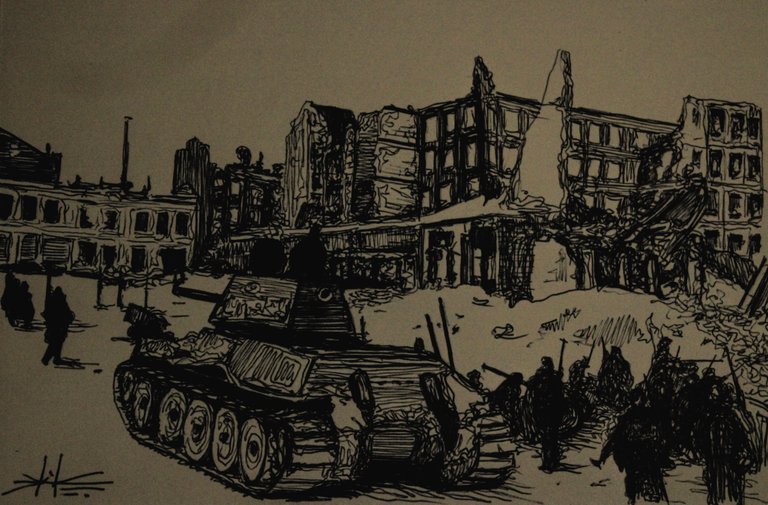
≛ 𝟣𝟫𝟦𝟤 ≛
War is the closest thing to hell that can exist in our land, young people die in the name of ideals that many times they do not defend. However, I believe that there is no greater glory on the battlefield than dying defending what belongs to us, because a nation is not made up of a piece of land, nor a handful of brainless useless people who govern, a nation is made up for all of us who inhabit it, who find a home in it. It is therefore that we go back to one of the events that changed the course of history, and specifically, to one of the battles that marked the impasse that determined the course of the war in 1942.
At this turning point, the Nazi troops, weakened by the harsh winter and the resistance of the Soviet troops, begin to withdraw, and consequently, the Red Army begins a successful counter-offensive that led them from victory to victory until they reached Berlin. in the 1945.
The Battle of Stalingrad (current Volgograd) begins on August 23, 1942 with a bombing campaign aimed at weakening the city's defenses and logistics capacity, destroying most of the factories. The first German tanks entered the city on September 1, however they were slowed down by crude urban resistance from the Soviets, house by house; neighborhood by neighborhood, a guerrilla war consisting of a multitude of small skirmishes exhausted the forces of the Germans who were already in the center of the city by mid-September.
Then begins a systematic process of bombing by the red army, which consisted of missiles loaded on transport trucks accompanied by waves of rookie soldiers who came from the rear, starting the clash of steel inside the city.
Each one of the armies defended and counterattacked, in a bloody carnage that lasted several months in which the city was quite destroyed. A special token used by the Soviets was to employ skilled hunters from the steppes as snipers, who favored German officers.
After several months, the already weakened German army, low on ammunition and lacking logistics, is encircled in a pincer attack from both north and south, forcing Hungarian and Romanian troops to flee west while the German army was trapped inside Stalingrad.
The Germans trapped in the city began to die of cold and starvation, the harsh winter and lack of food was worse for them than the very steel of combat. The commander of the Sixth Army, Friedrich Wilhelm von Paulus, requests authorization from the German high command to begin negotiations, however this right is denied after being promoted by the Nazi regime to the rank of Field Marshal under the excuse that "no field marshal German camp had never surrendered.
On January 31, 1943, the now Admiral Friedrich Wilhelm von Paulus officially signs the surrender and thus ends the Battle of Stalingrad. The red army finished controlling the city on February 2.
Friedrich Wilhelm von Paulus was a harsh critic of the Nazi regime after his capture and was a key witness during the Nuremberg trials in 1946.
✪✪✪
La guerra es lo mas cercano al infierno que pueda existir en nuestra tierra, jóvenes mueren en nombre de ideales que muchas veces no defienden. Sin embargo, considero que no hay mayor gloria en el campo de batalla que el morir defendiendo lo que nos pertenece, pues una nación no se compone de un pedazo de tierra, ni de un puñado de inútiles sin cerebro que gobiernen, una nación está compuesta por todos quienes la habitamos, quienes encontramos en ella un hogar. Es pues que nos remontamos a uno de los sucesos que cambiaron el rumbo de la historia, y específicamente, a una de las batallas que marcaron el impasse que determinó el rumbo de la guerra en el año 1942.
En este punto de inflexión, las tropas nazis debilitadas por el crudo invierno y la resistencia de las tropas soviéticas, inician la retirada, y en consecuencia, el ejército rojo inicia una contra-ofensiva exitosa que fue llevandolos de victoria en victoria hasta llegar a Berlín en el 1945.
La Batalla de Stalingrado (actual Volgogrado) inicia el día 23 de agosto del año 1942 con una campaña de bombardeos destinados a debilitar las defensas y la capacidad logística de la ciudad, destruyendo la mayoría de las fábricas. Los primeros tanques alemanes entran en la ciudad el 1 de septiembre sin embargo se vieron ralentizados por una cruda resistencia urbana por parte de los soviéticos, casa por casa; barrio por barrio, una guerra de guerrillas compuesta por una multitud de pequeñas escaramuzas agotaron las fuerzas de los alemanes quienes ya se encontraban en el centro de la ciudad para mediados de septiembre.
Inicia entonces un sistemático proceso de bombardeos por parte del ejército rojo, que constaba de misiles cargados sobre camiones de transporte acompañados de oleadas de soldados novatos que venían desde la retaguardia, iniciando el choque del acero dentro de la ciudad.
Cada uno de los ejércitos defendía y contraatacaba, en una cruenta carnicería que duró varios meses en los cuales la ciudad quedó bastante destruída. Una ficha especial usada por los soviéticos fue emplear a cazadores expertos de las estepas como francotiradores, los cuales tenía como objetivo predilecto a los oficiales alemanes.
Luego de varios meses, el ejército alemán ya debilitado, con pocas municiones y carentes de logística, es cercado en un ataque de pinzas proveniente tanto desde el norte como desde el sur, obligando a las tropas húngaras y rumanas a huir hacia el oeste mientras que el ejército alemán quedaba atrapado dentro de Stalingrado.
Los alemanes atrapados en la ciudad empezaron a morir por el frío y la inanición, el crudo invierno y la falta de alimento fue peor para ellos que el mismo acero del combate. El comandante del VI ejército, Friedrich Wilhelm von Paulus, solicita autorización del alto mando alemán para iniciar las negociaciones, sin embargo es negado este derecho tras ser ascendido por el régimen nazi al rango de Mariscal de campo bajo la excusa de que "ningún mariscal de campo alemán se había rendido jamás".
El día 31 de enero del año 1943 el ahora Almirante Friedrich Wilhelm von Paulus firma la rendición oficialmente y acaba asi la batalla de Stalingrad. El ejercito rojo terminó de controlar la ciudad el día 2 de febrero.
Friedrich Wilhelm von Paulus criticó duramente al régimen nazi tras su captura y fue un testigo clave durante los juicios de Nüremberg en el año 1946.
≛ 𝖣𝖾𝗍𝖺𝗂𝗅𝗌 | 𝖣𝖾𝗍𝖺𝗅𝗅𝖾𝗌≛
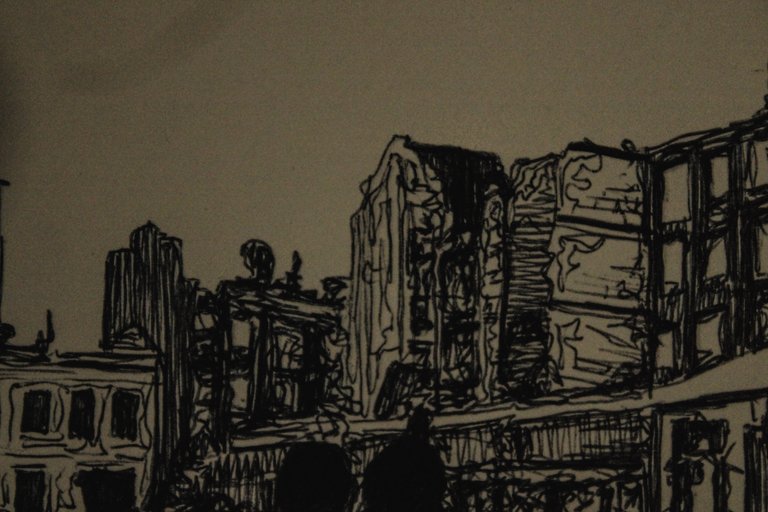
●▬▬▬▬๑۩۩๑▬▬▬▬▬●
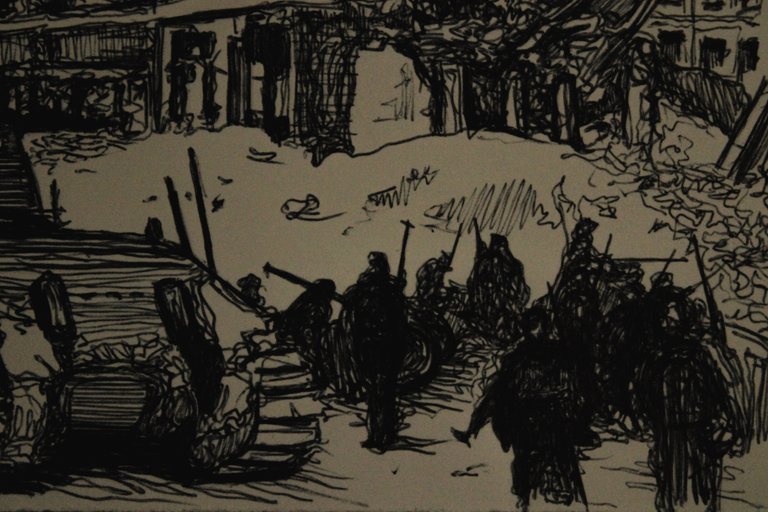
●▬▬▬▬๑۩۩๑▬▬▬▬▬●
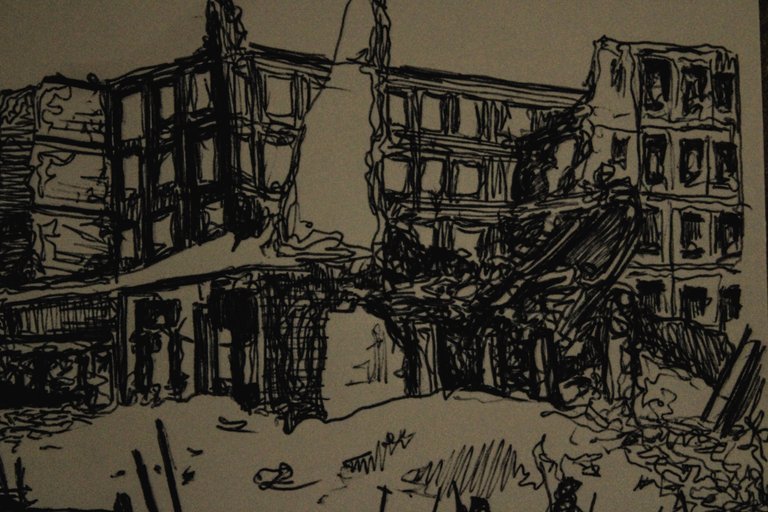
●▬▬▬▬๑۩۩๑▬▬▬▬▬●
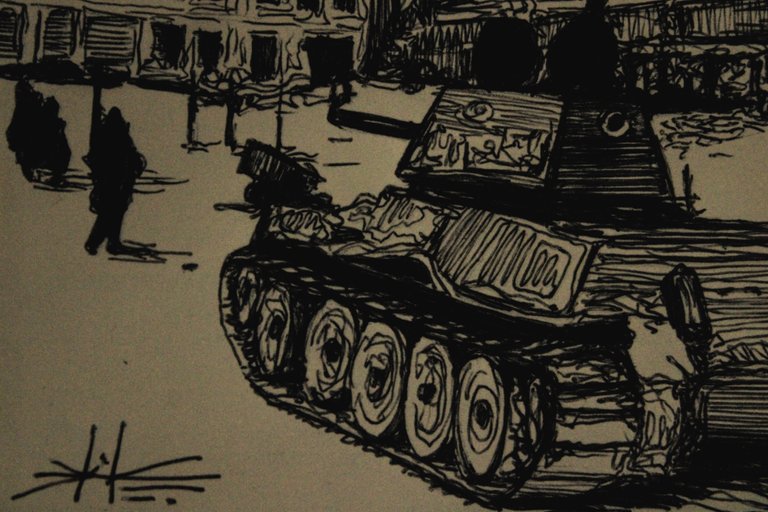
●▬▬▬▬๑۩۩๑▬▬▬▬▬●
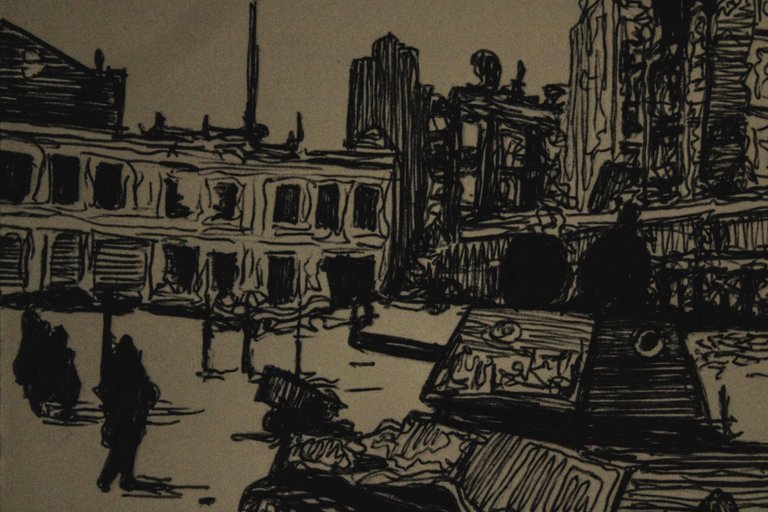
⚖
●▬▬▬▬๑۩۩๑▬▬▬▬▬●
✭
𝑵𝒐 𝒐𝒍𝒗𝒊𝒅𝒆𝒔 𝒅𝒆𝒋𝒂𝒓 𝒖𝒏 𝑼𝒑𝒗𝒐𝒕𝒆 𝒚 𝒔𝒆𝒈𝒖𝒊𝒓𝒎𝒆 𝒔𝒊 𝒒𝒖𝒊𝒆𝒓𝒆𝒔 𝒗𝒆𝒓 𝒎𝒂𝒔 𝒕𝒓𝒂𝒃𝒂𝒋𝒐𝒔 𝒂𝒔í.
𝑫𝒐𝒏'𝒕 𝒇𝒐𝒓𝒈𝒆𝒕 𝒕𝒐 𝒍𝒆𝒂𝒗𝒆 𝒂𝒏 𝑼𝒑𝒗𝒐𝒕𝒆 𝒂𝒏𝒅 𝒇𝒐𝒍𝒍𝒐𝒘 𝒎𝒆 𝒊𝒇 𝒚𝒐𝒖 𝒘𝒂𝒏𝒕 𝒕𝒐 𝒔𝒆𝒆 𝒎𝒐𝒓𝒆 𝒘𝒐𝒓𝒌𝒔 𝒍𝒊𝒌𝒆 𝒕𝒉𝒂𝒕
Сталингра́д.